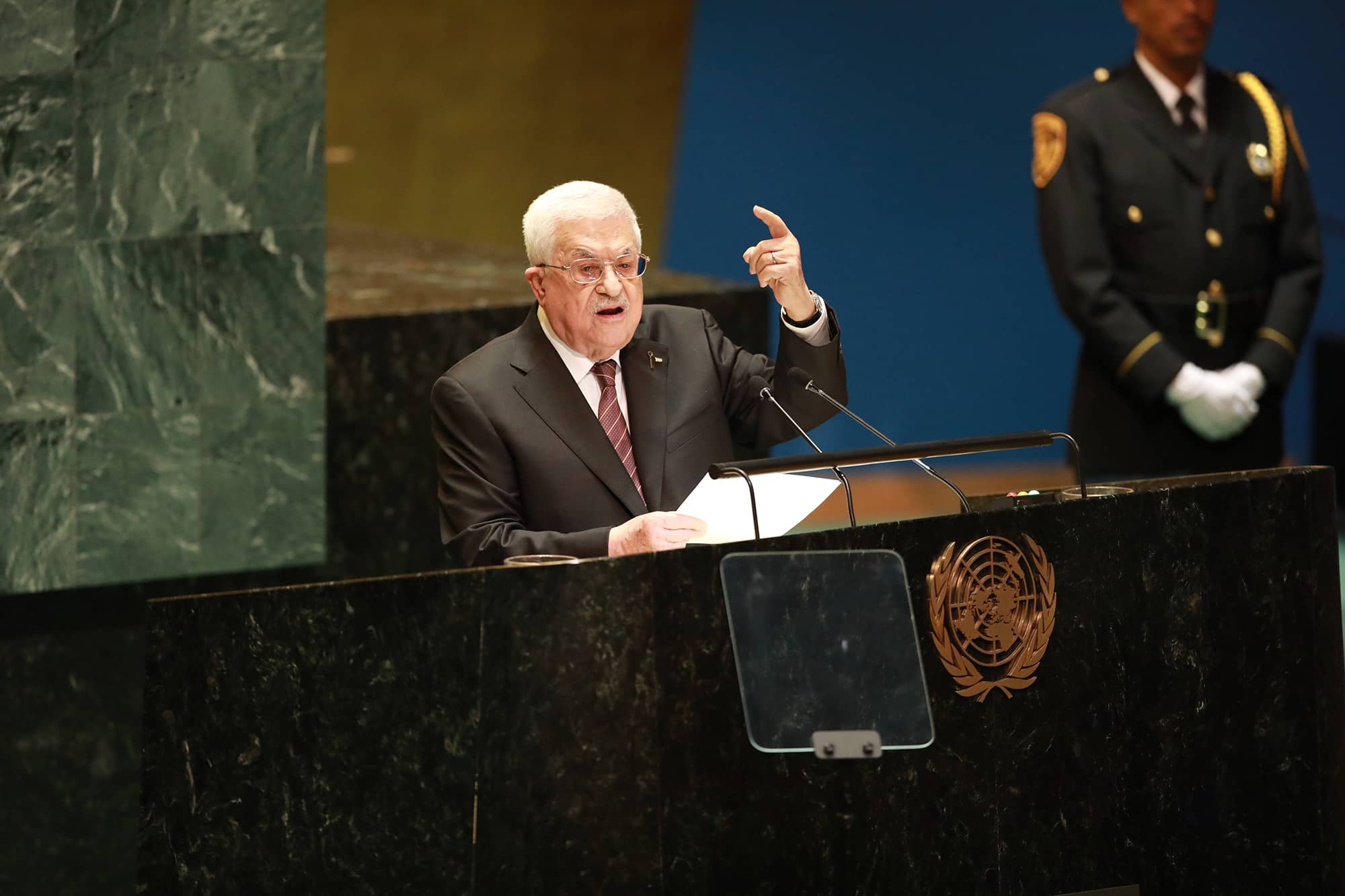Shortly after Great Britain and France declared war on Nazi Germany, Winston Churchill warned against democracies being hindered by a literal interpretation of international law:
“Acting in the name of the Covenant, and as virtual mandatories of the League and all it stands for, we have a right, indeed are bound in duty, to abrogate for a space some of the conventions of the very laws we seek to consolidate and reaffirm … The letter of the law must not in supreme emergency obstruct those who are charged with its protection and enforcement … Humanity, rather than legality, must be our guide.”
The historical evolution of the United Nations confirms Churchill’s fears. Established by the Allies after the Second World War, the UN became numerically dominated by autocratic regimes starting in the 1970s. During the Cold War, the Soviet Union and its allies cynically exploited their “automatic majority” in the General Assembly to promote anti-Western propaganda under the guise of “international law.” The end of the Cold War did not put an end to these manipulations. The Human Rights Council, established in 2006, is a theatre of the absurd where the worst human rights violators not only hold seats but have the audacity to chastise democracies.
It is regrettable that some Western governments are fooled by this charade instead of standing united against the hijacking of international law by those who despise it. The most recent example is the accusation of “illegality” directed at Israeli airstrikes in Iran. According to this claim, the right of self-defense cannot be invoked by Israel since it was not directly attacked by Iran. This claim is false both in substance and in form.
Procedurally, the right to self-defense is not restricted to immediate acts of aggression. In customary international law, it dates back to the 1837 Caroline incident between Great Britain and the United States. In that affair, the American Secretary of State had to recognize that the scuttling of an American ship in an American port by British forces was an act of self-defense. This principle was later formalized in Article 51 of the UN Charter. While Article 51 acknowledges the right of self-defense in the event of “armed attack,” it also specifies that “nothing in the present Charter shall impair the inherent right of individual or collective self-defense.” According to international law experts such as Derek Bowett, Humphrey Waldock, James Brierly, and Daniel Patrick O’Connell, this phrase implies that the right to self-defense is not confined to an immediate act of aggression.
A reading of the travaux préparatoires of the UN Charter confirms that this was indeed the drafters’ intent. Furthermore, the International Court of Justice ruled in its 1986 Nicaragua v. United States judgment that the concept of “armed attack” is not restricted to violations of a border by a regular army but includes the arming of militias acting against a third state. According to international law expert Yoram Dinstein, the right to self-defense may be exercised preemptively in the face of an imminent threat, and it applies when a state of war exists between two countries.
Such is the case between Iran and Israel. This is why those claiming that the Israeli strikes were illegal are also wrong on substance. For several decades, Iran has surrounded Israel with an iron ring of armed militias equipped with vast arsenals of missiles: Hezbollah in Lebanon, Hamas in the Gaza Strip, the Houthis in Yemen, the Assad regime in Syria, and Shiite militias in Iraq. According to some estimates, Hezbollah alone had 200,000 missiles before the 2023–2024 war with Israel. Iran itself possessed a vast missile arsenal and was on the verge of acquiring nuclear weapons. The declared goal of the Islamic Republic—repeatedly confirmed by its leaders and symbolized in Tehran by the “countdown clock to Israel’s destruction”—is the annihilation of the State of Israel.
Iran has sponsored numerous terrorist attacks against Jewish and Israeli targets around the world: the Israeli embassy in Buenos Aires in 1992, the AMIA Jewish community center in Buenos Aires in 1994, the Israeli embassy in Bangkok in 2012, the Burgas airport in 2012, and assassination attempts in the Netherlands, Denmark, Albania, and Azerbaijan. Iran has armed Hamas and praised its October 7 attacks. Since that date, it is Iranian missiles that Hamas, Hezbollah, and the Houthis have been firing at Israeli civilians. Iran directly launched hundreds of missiles at Israel in April and October 2024. According to Israeli intelligence, Iran was only a few months—or even weeks—away from building an atomic bomb.
Israel therefore exercised its right of self-defense on June 13. That right would have become void in the face of a nuclear Iran. Israel’s survival is certainly worth the bad-faith criticism of some. As Golda Meir used to say: “We prefer your condemnations to your condolences.”
JISS Policy Papers are published through the generosity of the Greg Rosshandler Family.















The World Will Not Help Us with Hamas: Only the IDF Can Finish the Job in Gaza